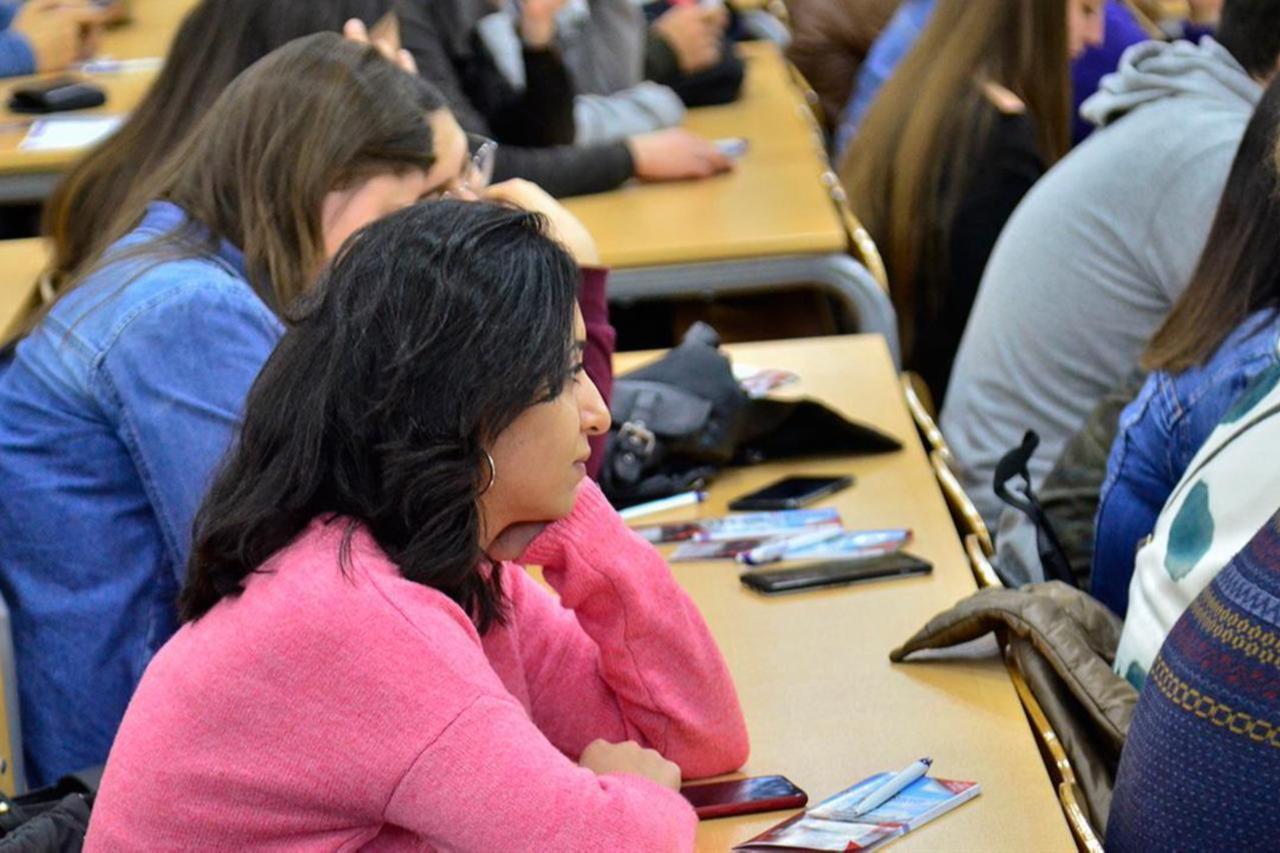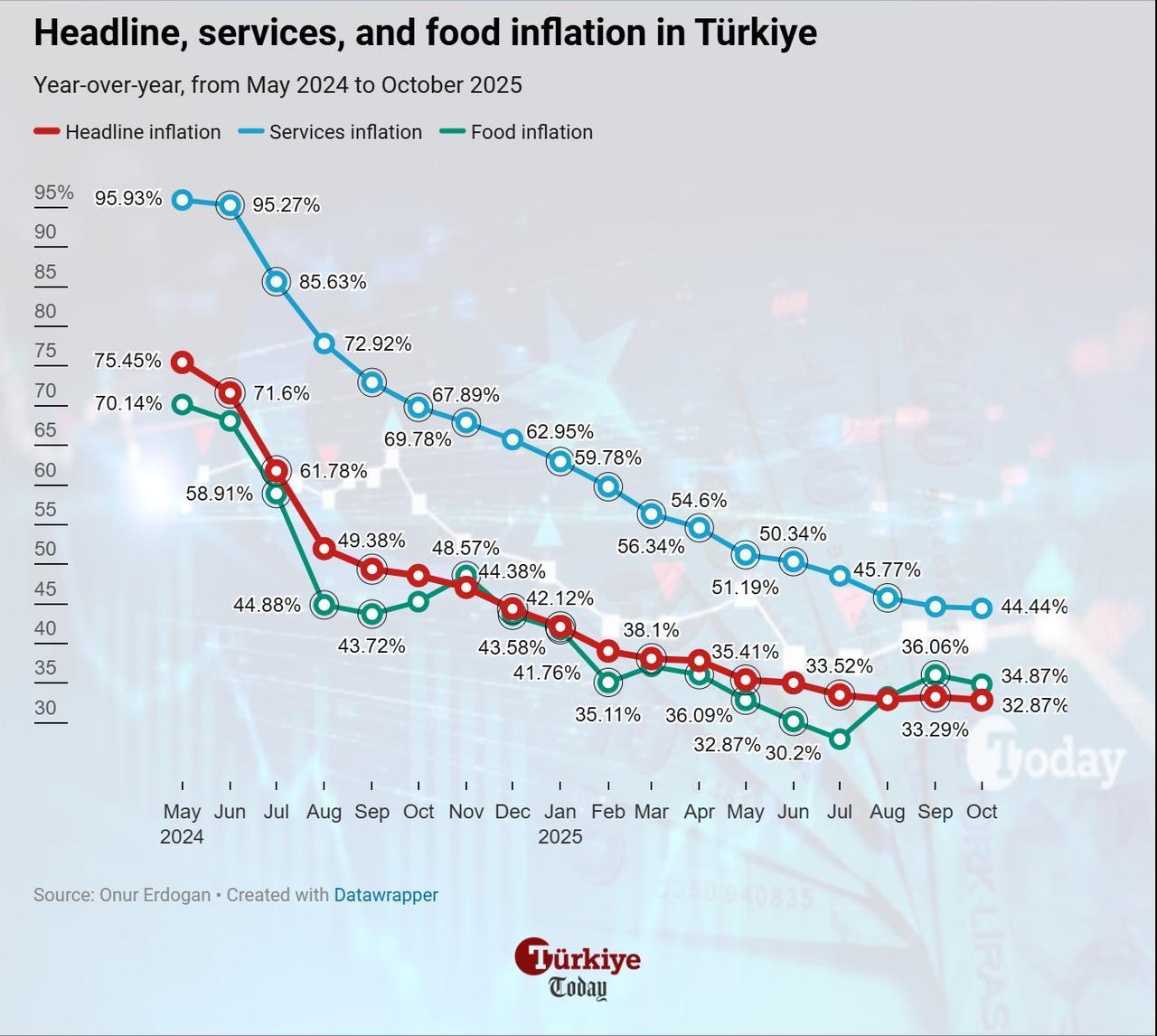
A comprehensive impact study conducted by the Turkish Educational Foundation (TEF) in 2025 reveals that university students in Türkiye face multiple layers of hardship, not only financial insecurity, but also loneliness, social isolation, and uncertainty about the future.
The report highlights that many students are unable to experience university life as expected due to the need to work, the fear of becoming a financial burden on their families, and the lack of resources to join social or cultural activities. Meanwhile, fare noticeably better both academically and in terms of overall well-being.
The TEF impact study included a total of 1,946 young participants aged 19 to 35, consisting of 1,175 active scholarship beneficiaries, 374 graduates who previously received support, and a control group of 397 individuals. The scope of the research extends beyond economic realities, assessing emotional and social dimensions of student life.
Findings indicate that those who lack financial or emotional support often feel compelled to work while studying, experience social withdrawal, and struggle to allocate resources for cultural engagement. This leads to a growing sense of not being able to live youthhood fully.
The most dominant emotional state reported across the sample was anxiety about the future. Economic instability, inflation, high living costs and concerns over post-graduation employment appear to fuel this uncertainty.

The report emphasizes widespread financial struggle among university students in Türkiye. Many are required to work during their studies, which results in reduced academic focus, increased stress, and decreased participation in social life.
Students without scholarships frequently experience guilt and pressure associated with “being a burden” to their families.
This emotional weight contributes to social isolation, reduced self-worth, and withdrawal from peer interaction. Limited Access to activities such as cinema, books, art events, or simple leisure gatherings is shown to deepen loneliness and disconnect.
TEF general manager Banu Taskin notes that the foundation receives approximately 20,000 scholarship applications annually, yet only 4,000-5,000 students can be granted support.
The gap highlights that thousands continue their education without adequate financial assistance, despite facing serious economic pressure.
Beyond covering essential costs, TEF scholarships are associated with increased access to mentorship programs, cultural activities, and social participation initiatives. These elements support students not only academically but psychologically, increasing self-confidence and a sense of belonging.
However, the limited capacity of support services leaves a significant portion of students vulnerable to invisible economic and emotional hardship. Researches state that this situation may have long-term effects on well-being, employment confidence and social integration.